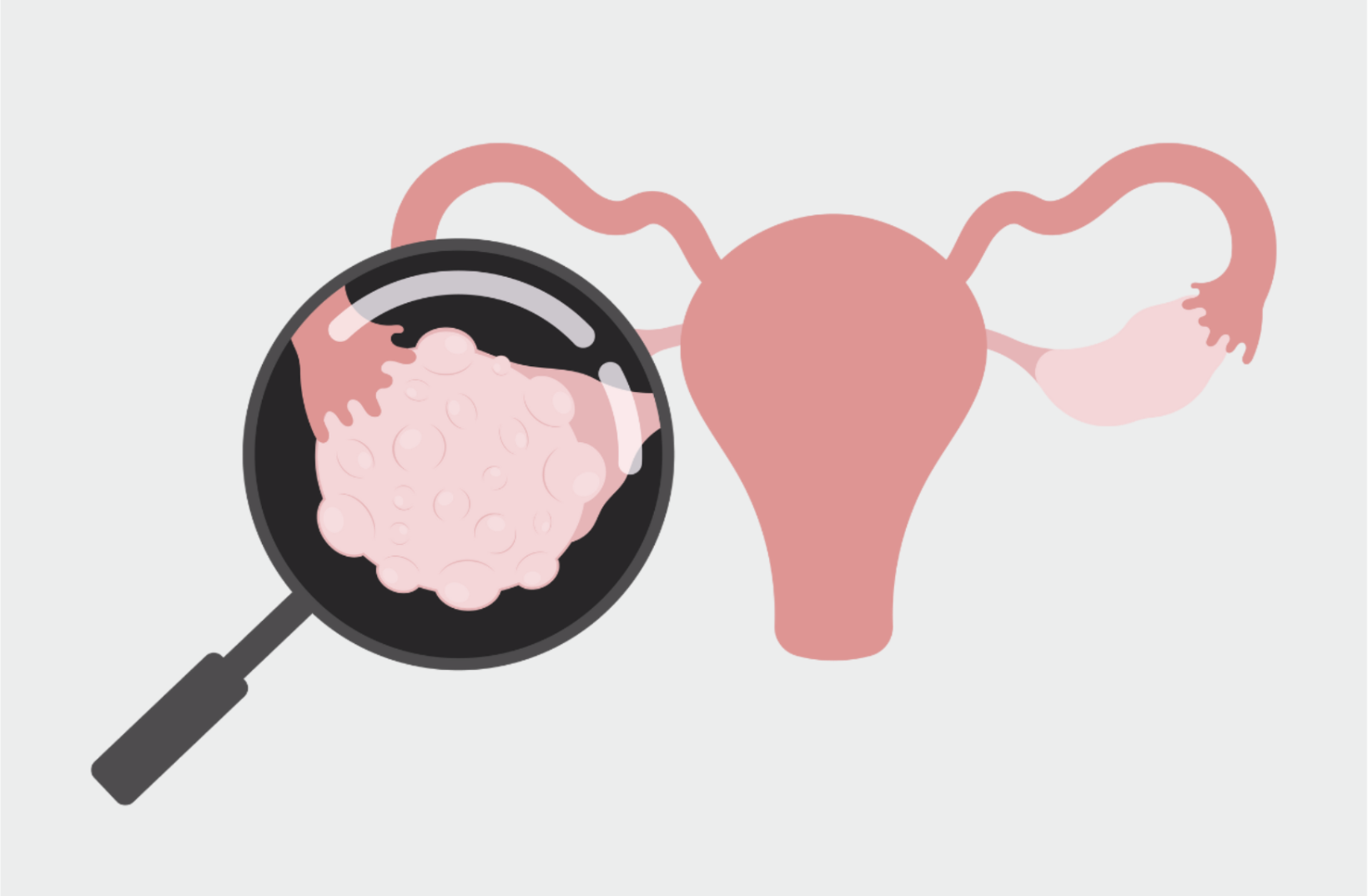

Thinking about egg freezing? It can be an empowering option for many women, offering the ability to better preserve your fertility by storing your eggs at their current state. It puts more control in your hands—allowing you to choose the right time to start a family, find the right partner, or focus on your career and personal aspirations without the added pressure of a ticking biological clock. That said, egg freezing is also a deeply personal and significant decision. It can stir up a range of complex emotions, from hope and relief to uncertainty and stress. That's why many women find therapy to be a valuable resource during this process—offering support, clarity, and emotional grounding as you explore what’s right for you.
As a therapist specializing in reproductive mental health and founder of Calla Collective, I work with many women exploring egg freezing. I often find that there are some big decisions to think about when exploring the option to freeze your eggs. Working with a therapist can help you unpack all of the complexities to make sure you are making the right decision for yourself!
Some helpful areas to explore
1. Exploring and Understanding Your Motivation:
This might seem simple, but taking the time to delve deep into your reasons for freezing your eggs is crucial. It's a big commitment, involving multiple injections, medication management, doctor appointments, and uncertainty. Are there external pressures influencing your decision, such as medical factors, age, career, relationship status, or societal expectations? Understanding these motivations will help you make informed decisions that align with your personal values and goals.
2. Grappling with Cost and Accessibility
Egg freezing has traditionally been out of reach for many women due to cost—often totaling upwards of $15k or more when you factor in medications, procedures, and storage. That financial burden alone can make the decision feel overwhelming or even impossible. Fortunately, there are emerging models that are increasing access. Cofertility, for example, offers a program where you can freeze your eggs for free and store them for 10 years when you donate half to a family who needs them. This option can be incredibly meaningful and financially freeing—but it also requires that you feel emotionally and ethically aligned with the idea of egg donation. Working with a therapist who specializes in reproductive mental health can be a helpful way to navigate the decision making that comes along with egg freezing, and can help clarify your personal needs and values if you’re contemplating egg donation as a means to do so.
3. Addressing Feelings of Uncertainty and Grief:
For many women, egg freezing is an empowering experience, symbolizing control over their reproductive destiny. Yet, for others, it can also evoke feelings of uncertainty about the future, grief over the loss of particular timing for family building, not having the partner they hoped or imagined they would have at this stage of life, or guilt related to societal expectations to want or have children. Acknowledging and processing these complex emotions is vital in making a well-informed decision. Therapy can provide a safe space to explore these feelings and develop strategies for coping and decision-making.
4. Sharing Your Decision with Your Support System:
It’s exciting that more people are talking about egg freezing, and more women are getting access to this incredible medical resource. That said, openly discussing egg freezing with your family and friends can be challenging. Some people may not understand, or may judge your decision. Finding ways to introduce the topic with sensitivity and understanding is important. These conversations can often lead to deeper discussions about your desires and the emotional journey you're undertaking. A therapist can guide you in communicating effectively and building a supportive network.
5. Considering the Potential of Unused Frozen Material:
Freezing your eggs is an insurance policy, offering flexibility in family planning. However, it's essential to consider the potential outcomes. What would you do if your frozen eggs weren't used? Would you discard them, donate them to research, donate them to families in need, or transfer the ownership? This is a significant decision, and taking the time to reflect on your feelings will ensure you make choices that align with your values.
Egg freezing is a powerful choice that can offer women greater control over their reproductive journey. It's important to explore all aspects of this path, including your motivations, potential challenges, and support systems. Therapy can provide a valuable framework for navigating these complexities and making informed choices that are right for you.
Final Thoughts
If you're considering freezing your eggs, Cofertility is a great resource to help you explore your options. Their Split program allows you to freeze your eggs for free when you donate half to a family in need, while the Keep program offers the ability to self-fund and keep all your eggs—with access to discounts that help ease the financial burden. Click here to learn more, and visit calla-collective.com to learn more about their therapy services to support you along the way.










